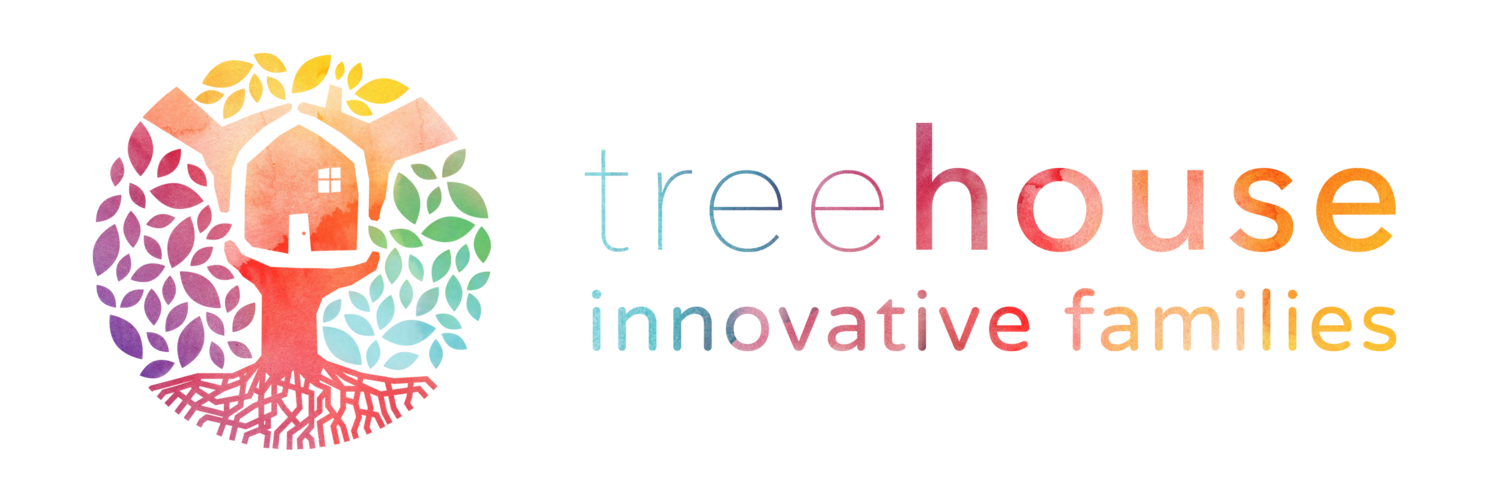
Mental Health Resources
What is Mental Health?
The World Health Organisation (WHO) defines mental health as ‘a state of well-being in which every individual realises his or her own potential, can cope with the normal stresses of life, can work productively and fruitfully and is able to make a contribution to her or his community’.
Working in the social and community services industry is highly rewarding, however, it can be stressful at times. This is why it’s so important to achieve and maintain good mental health and well-being.
R U OK?
Regular, simple, informal conversations help build a sense of belonging and connectedness which has been shown to promote well-being. Find the time to ask your colleagues, friends and family about how their weekend went, have a chat about an awesome new show on Netflix that you’ve discovered, or even just how things are going.
Checking in regularly with our colleagues and team members also means that we are more likely to notice when things are different or their behaviour changes. It can make the person we’re talking to more open to sharing information with us, and make a ‘difficult’ conversation easier because you’ve already shown that you’re interested and care.
Having a Conversation
If you notice a change in a colleague or team member’s behaviour or performance, ask yourself if it might be due to an underlying personal or mental health issue. If you think this is a possibility then why not have a conversation and ask how the person is going? This is important for everyone, but especially House Supervisors and Team Leaders.
Keep these handy pointers in mind:
choose a time and a place that suits you both – somewhere private when you both have time to talk
talk about the changes you’ve noticed and ask if they want to talk about anything
encourage them to talk, but accept that they might not want to right now
listen and show that you’re listening – don’t jump in with a solution
find out if they’re ready to look for help and if you can help them do that
check in after a few days and see how they’re going
Coronavirus & Mental Health
The impact of COVID-19 on our society has been huge. With all the uncertainty and many challenges we are now facing, the worry and anxious feelings about our work, family and health are completely valid. This is why it’s more important than ever to nurture our mental and physical health, stay connected with others and reach out for help if needed. Below are some links to fantastic resources for coping with COVID-19:
Coronavirus Mental Wellbeing Support Service
If you’re feeling worried or struggling to cope during isolation, visit the Beyond Blue Coronavirus Mental Wellbeing Support Service here. You will find information, advice and strategies to help you manage your wellbeing and mental health during this time. You can also phone or chat to a trained counsellor for 24/7 support.
10 Tips for Coping with Coronavirus (COVID-19)
Humans are susceptible to many different infectious diseases, including coronavirus (COVID-19). Worrying about diseases is a normal reaction. However, excessive worrying about infectious diseases can affect both our physical and our mental health. This document describes practical psychological skills to help you and your loved ones cope with anxiety and worry about infectious diseases. Download the PDF here.
Keeping the Team Healthy
Employee Assistance Program
Treehouse offers the Employee Assistance Program (EAP) to all staff members. The EAP is a completely confidential service that connects you to an external, third-party counsellor, who will listen to you and provide confidential advice, support, and information.
If you would like to access the EAP, simply contact a member of the management team or HR.
Self Care Plan
We encourage every staff member to create a self-care plan upon commencement of their employment with Treehouse. It should be actionable, detailing your support network and the things that help you relax, re-energise and switch off.
Supervision
Supervision is intended to help keep you on track, continually learn, remain accountable and achieve work-related goals. It offers an opportunity to provide feedback and stay safe by working at a pace that is healthy and sustainable.
Free Online Resources
myCompass
myCompass is a fully automated online self-help treatment program that delivers personalised cognitive behavioural therapy for stress, anxiety and depression. The program is suitable for patients aged 18+ with mild to moderate symptoms. myCompass users carry out real-time monitoring of symptoms and lifestyle, receive graphical feedback, motivational messages and tips. They also complete brief psycho-education and skill-building modules. myCompass also provides alerts if more intense intervention is recommended. myCompass is accessible via the Internet to your mobile phone, tablet or desktop computer. Access myCompass here.
Black Dog Snapshot
Black Dog Snapshot is a mobile app which provides a quick assessment of an individual’s general mental health and wellbeing at any point in time. Based on the person’s answers, it provides a snapshot of how she/he is travelling compared to other Australians of the same age and gender. Suggestions are provided for areas in which the person may not be doing so well. The Black Dog Snapshot app is free to download by Australian users and available on the App Store and Google Play.
Emergency Support
If you or someone in the workplace is in crisis and you think immediate action is needed, call emergency services (triple zero - 000), contact your doctor or local mental health crisis service, or go to your local hospital emergency department.
Other crisis support lines include:
Lifeline on 13 11 14
Kids Helpline on 1800 551 800
MensLine Australia on 1300 789 978
Suicide Call Back Service on 1300 659 467




